Professor Tony Hunter honored with American Association for Cancer Research Princess Takamatsu Memorial Lectureship Award




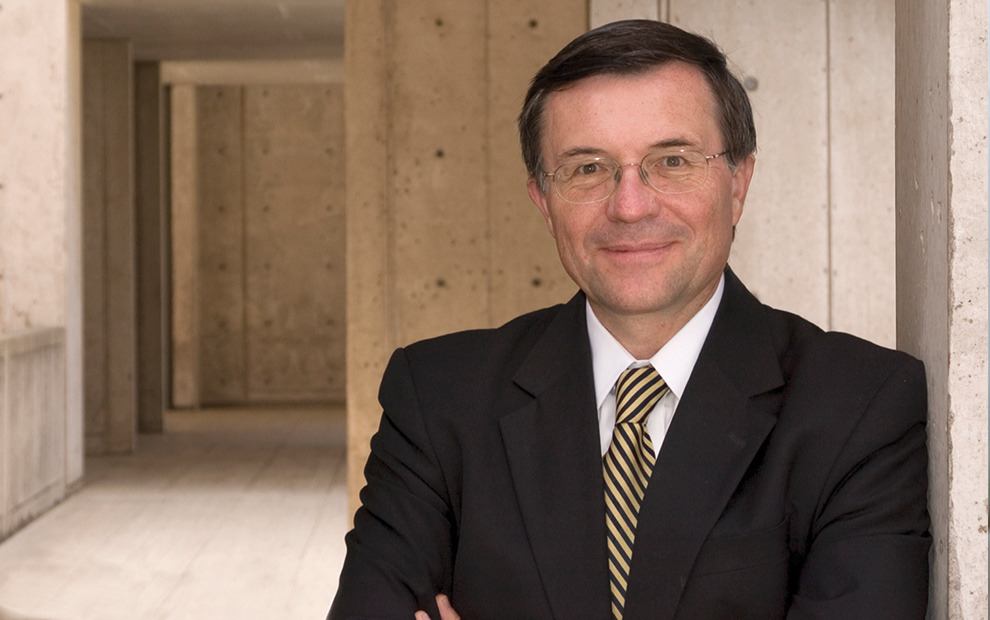
Sejnowski is a professor, head of the Computational Neurobiology Laboratory, and Francis Crick Chair at Salk. He received the 2024 Brain Prize—the world’s largest neuroscience research prize—from the Lundbeck Foundation for “pioneering the field of computational and theoretical neuroscience, making seminal contributions to our understanding of the brain, and paving the way for the development of brain-inspired artificial intelligence.” He shared the prize with Larry Abbott of Columbia University and Haim Sompolinsky of Harvard University. They received the award from His Royal Highness King Frederik of Denmark at an event in Copenhagen in May.
Sejnowski was also recently presented with the International Neural Network Society’s Hermann von Helmholtz Award for his “paradigm-changing and long-lasting” contributions to the field of neural networks, and was awarded a Doctor of Science Honorary Degree from his alma mater, Princeton University, at its May 28 Commencement.
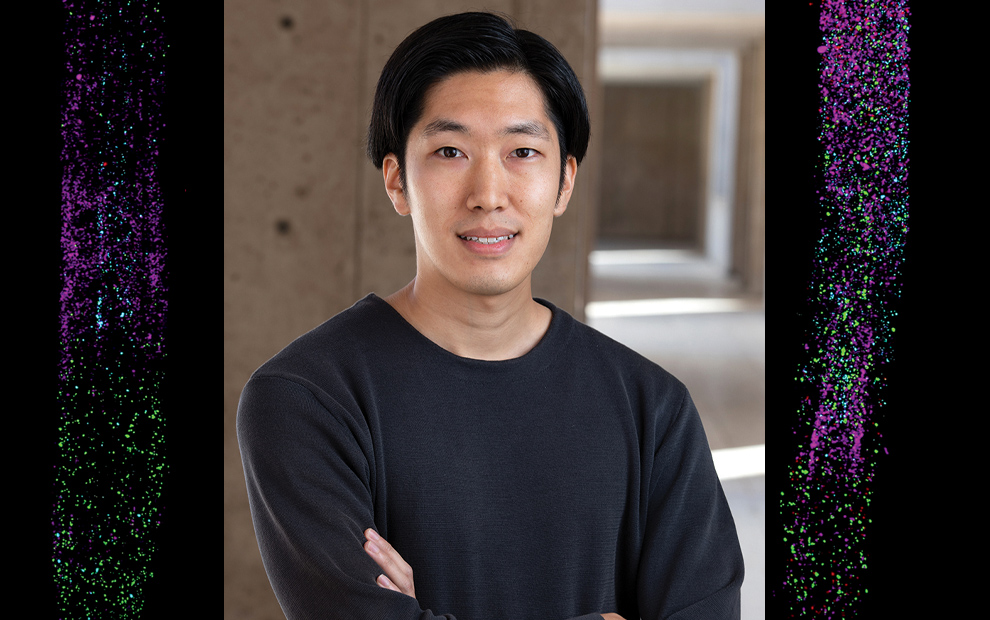
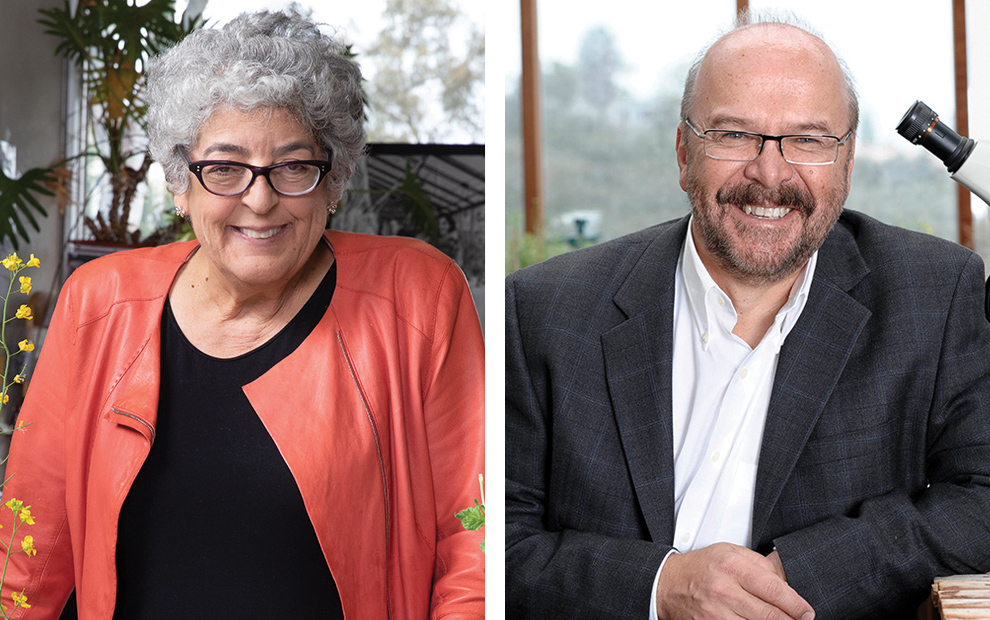

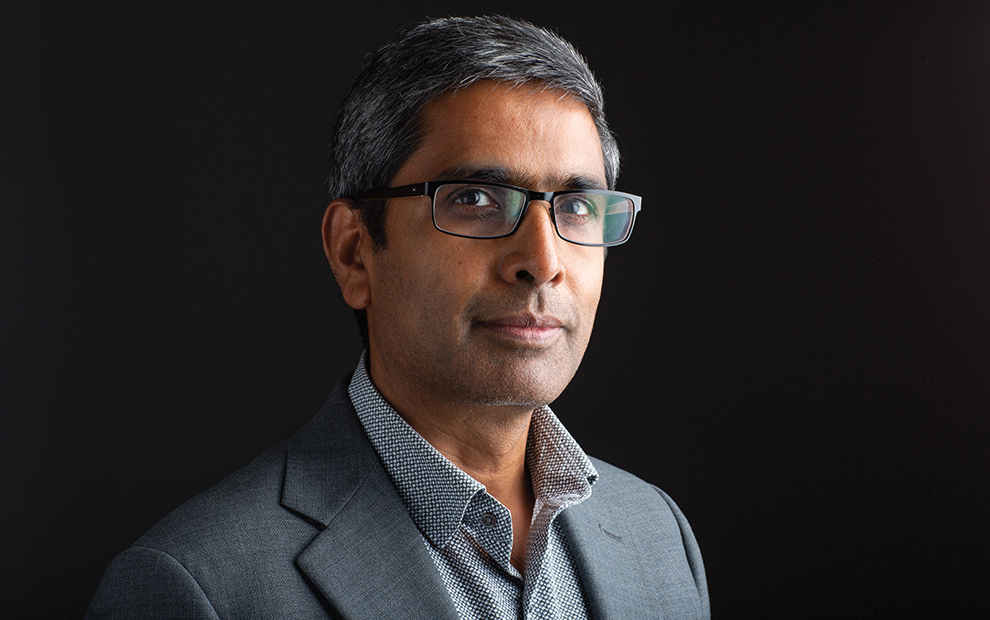
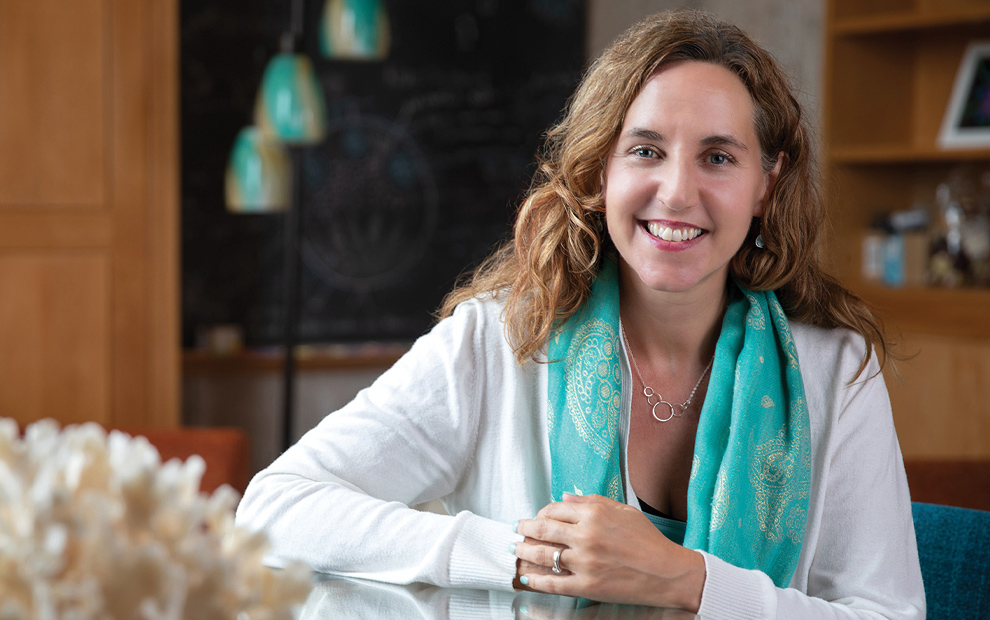

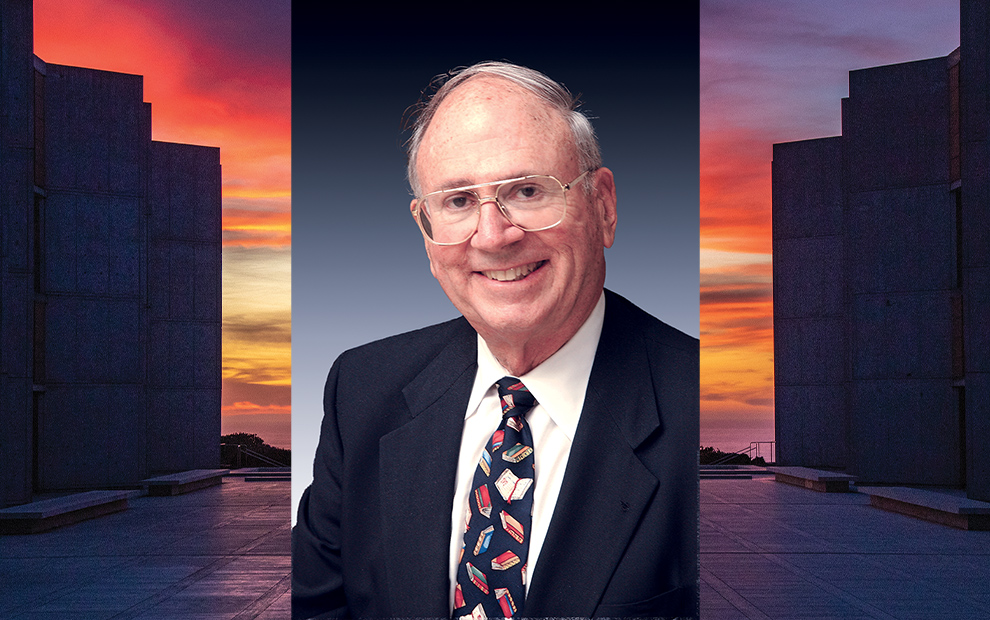
The Salk Institute mourns the loss of businessman and philanthropist John Adler, who served on the Institute’s Board of Trustees from 1991 to 2004. He died June 11, 2024, in Greenwich, Connecticut, at the age of 96.
Adler generously supported the Salk Institute for decades, donating $6.7 million to launch the Adler Foundation Symposium on Alzheimer’s Disease Endowment, establish the Vi and John Adler Chair for Research on Age-Related Neurodegenerative Disease, and support many other research efforts. For more than 30 years, the annual Adler Symposium brought together scientists working on different aspects of Alzheimer’s disease to share ideas and build new collaborations.
“John was an outstanding trustee for Salk for many years,” says Professor Rusty Gage, former Salk president and current holder of the Vi and John Adler Chair. “His sage counsel and generosity of time and resources have benefited the Institute immensely. His legacy of the Adler Symposium, focusing on age-related neurodegenerative diseases, has brought international acclaim to the Salk Institute, forging strong bonds and research collaborations around the world. We are grateful that John was part of our community.”
 Getting to the root of Alzheimer’sSalk scientists are teaming up to understand brain aging. By collaborating across disciplines like genetics, neuroscience, and immunology, our researchers are uniquely positioned to lead us into a future of healthier aging and effective therapeutics for Alzheimer’s.
Getting to the root of Alzheimer’sSalk scientists are teaming up to understand brain aging. By collaborating across disciplines like genetics, neuroscience, and immunology, our researchers are uniquely positioned to lead us into a future of healthier aging and effective therapeutics for Alzheimer’s.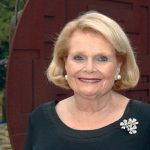 Salk mourns the loss of Joan JacobsThe Salk Institute lost one of its greatest supporters and one of San Diego’s most generous philanthropists when Joan Jacobs died on May 6, 2024, in La Jolla, California. She was 91 years old.
Salk mourns the loss of Joan JacobsThe Salk Institute lost one of its greatest supporters and one of San Diego’s most generous philanthropists when Joan Jacobs died on May 6, 2024, in La Jolla, California. She was 91 years old.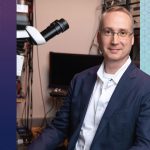 Axel Nimmerjahn— Widening perspectives through plane windows and microscope lensesInside Salk sat down with Nimmerjahn to hear how he went from curious child to world renowned researcher. Now a professor at Salk, he studies the central nervous system and designs new tools—like mini microscopes!—to study the system's various cell types.
Axel Nimmerjahn— Widening perspectives through plane windows and microscope lensesInside Salk sat down with Nimmerjahn to hear how he went from curious child to world renowned researcher. Now a professor at Salk, he studies the central nervous system and designs new tools—like mini microscopes!—to study the system's various cell types. Jálin Johnson— Enhancing equity and inclusion at Salk and beyondOver the course of nearly 30 years dedicated to advocacy work, Jálin B. Johnson has served those in need and has given a voice to the voiceless—a principle that has guided her throughout her career. This commitment continues to shape her work as she steps into the role of director of Salk’s Office of Equity & Inclusion.
Jálin Johnson— Enhancing equity and inclusion at Salk and beyondOver the course of nearly 30 years dedicated to advocacy work, Jálin B. Johnson has served those in need and has given a voice to the voiceless—a principle that has guided her throughout her career. This commitment continues to shape her work as she steps into the role of director of Salk’s Office of Equity & Inclusion. Lara Labarta-Bajo—An immunologist’s journey from Barcelona and ballet to the brainWhether dancing in Spain or surfing in San Diego, Lara Labarta-Bajo has always celebrated the power of the human body. Now a postdoctoral researcher in Associate Professor Nicola Allen’s lab at Salk, she studies how the immune system connects the body to the brain and how this relationship evolves as we age.
Lara Labarta-Bajo—An immunologist’s journey from Barcelona and ballet to the brainWhether dancing in Spain or surfing in San Diego, Lara Labarta-Bajo has always celebrated the power of the human body. Now a postdoctoral researcher in Associate Professor Nicola Allen’s lab at Salk, she studies how the immune system connects the body to the brain and how this relationship evolves as we age. Professor or partner? Luc Jansen’s switch from science to lawDashed dreams of medical school brought Jansen to Salk's campus back in 2003, where he simultaneously contemplated a career in scientific research and a career in big law. Though he decided on law in the end, Jansen's affection for Salk remains as he now hosts Salk gatherings in his New York City office and excitedly shares the enduring importance of basic science.
Professor or partner? Luc Jansen’s switch from science to lawDashed dreams of medical school brought Jansen to Salk's campus back in 2003, where he simultaneously contemplated a career in scientific research and a career in big law. Though he decided on law in the end, Jansen's affection for Salk remains as he now hosts Salk gatherings in his New York City office and excitedly shares the enduring importance of basic science.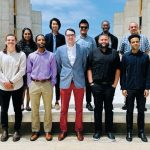 Rising Stars and DISCOVER programs provide new opportunities for trainees from underserved backgroundsThe Salk Institute recently hosted two inaugural events designed to enhance diversity within the scientific community: the Rising Stars Symposium and the Diverse Inclusive Scientific Community Offering a Vision for an Ecosystem Reimagined (DISCOVER) Symposium.
Rising Stars and DISCOVER programs provide new opportunities for trainees from underserved backgroundsThe Salk Institute recently hosted two inaugural events designed to enhance diversity within the scientific community: the Rising Stars Symposium and the Diverse Inclusive Scientific Community Offering a Vision for an Ecosystem Reimagined (DISCOVER) Symposium.Latest discoveries, events & more.